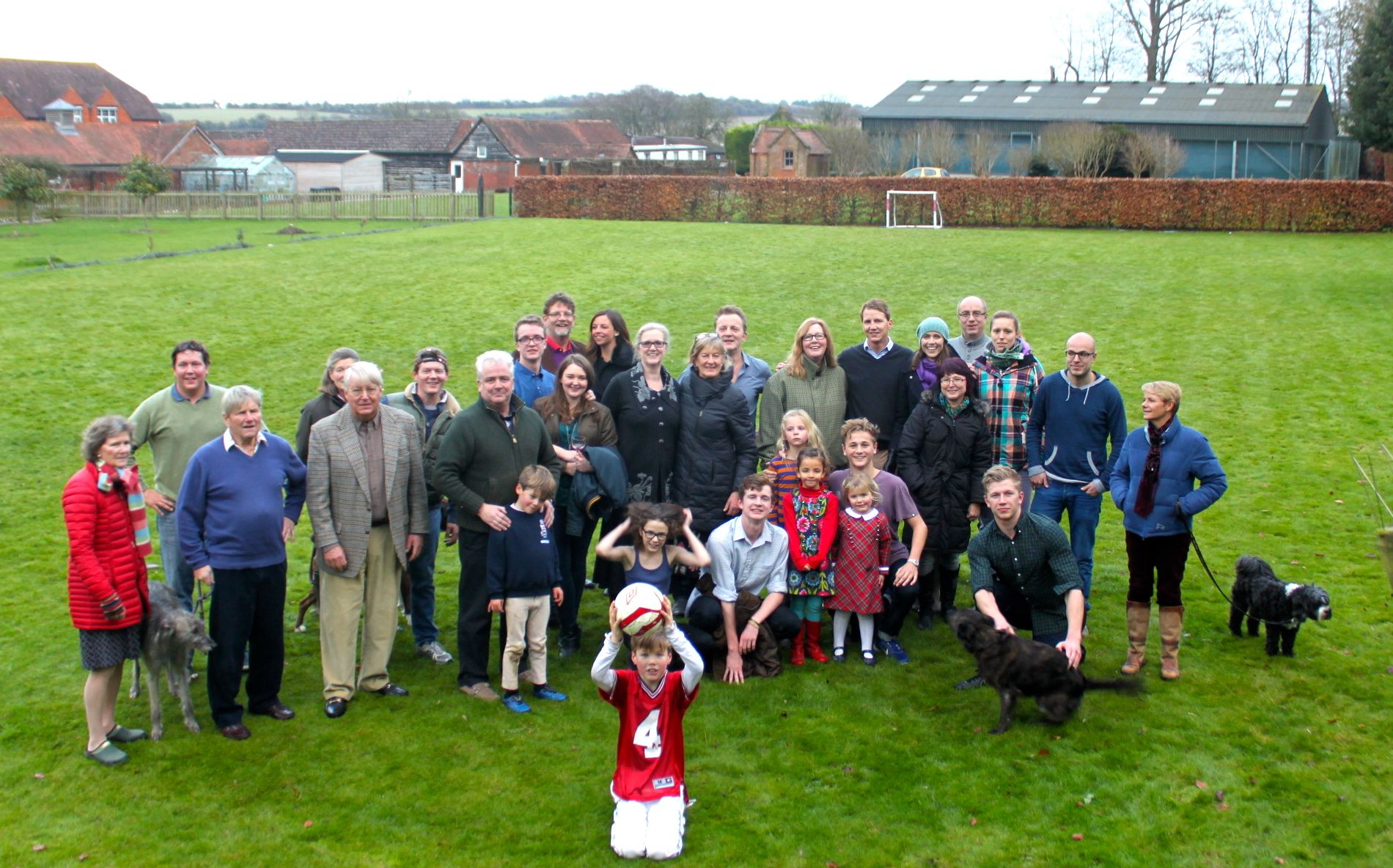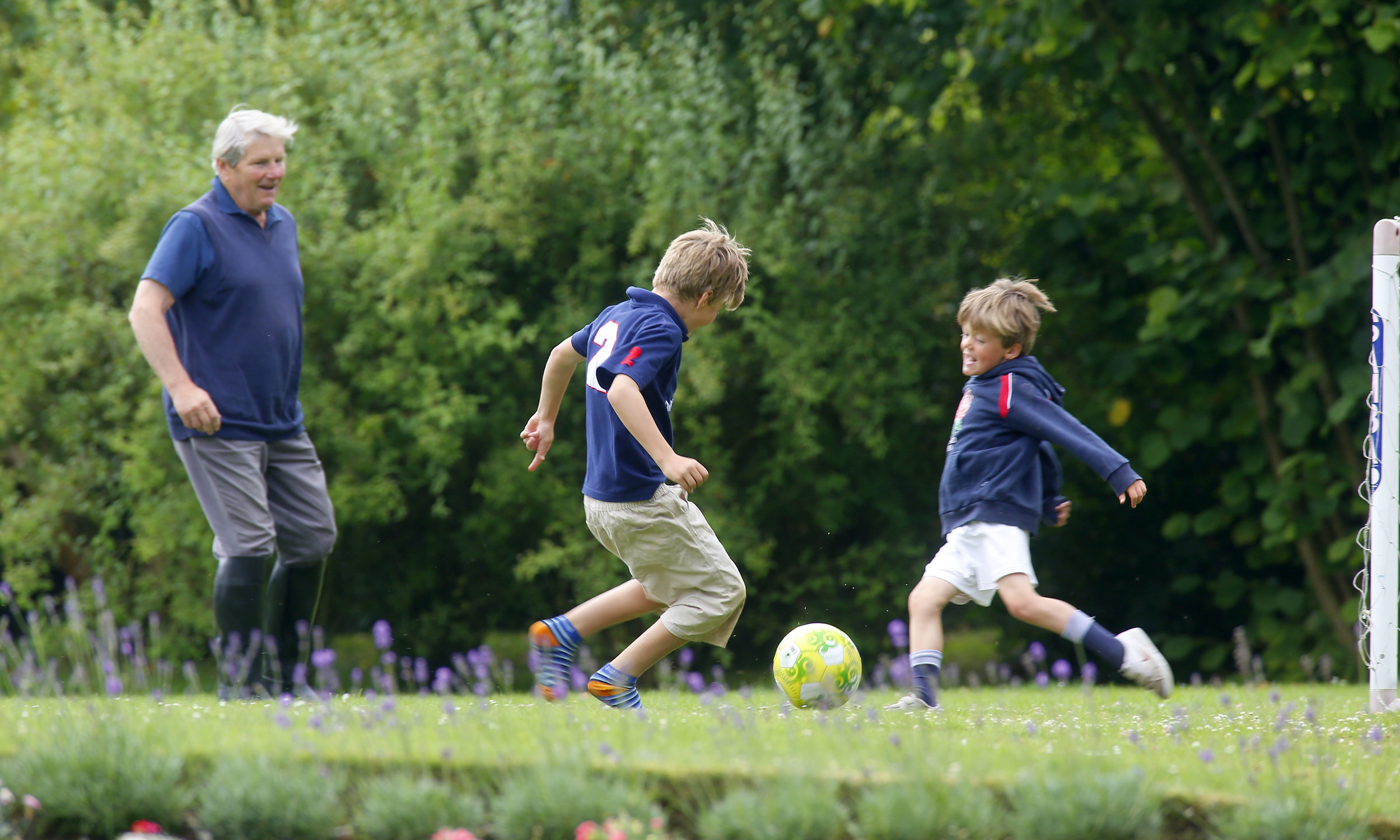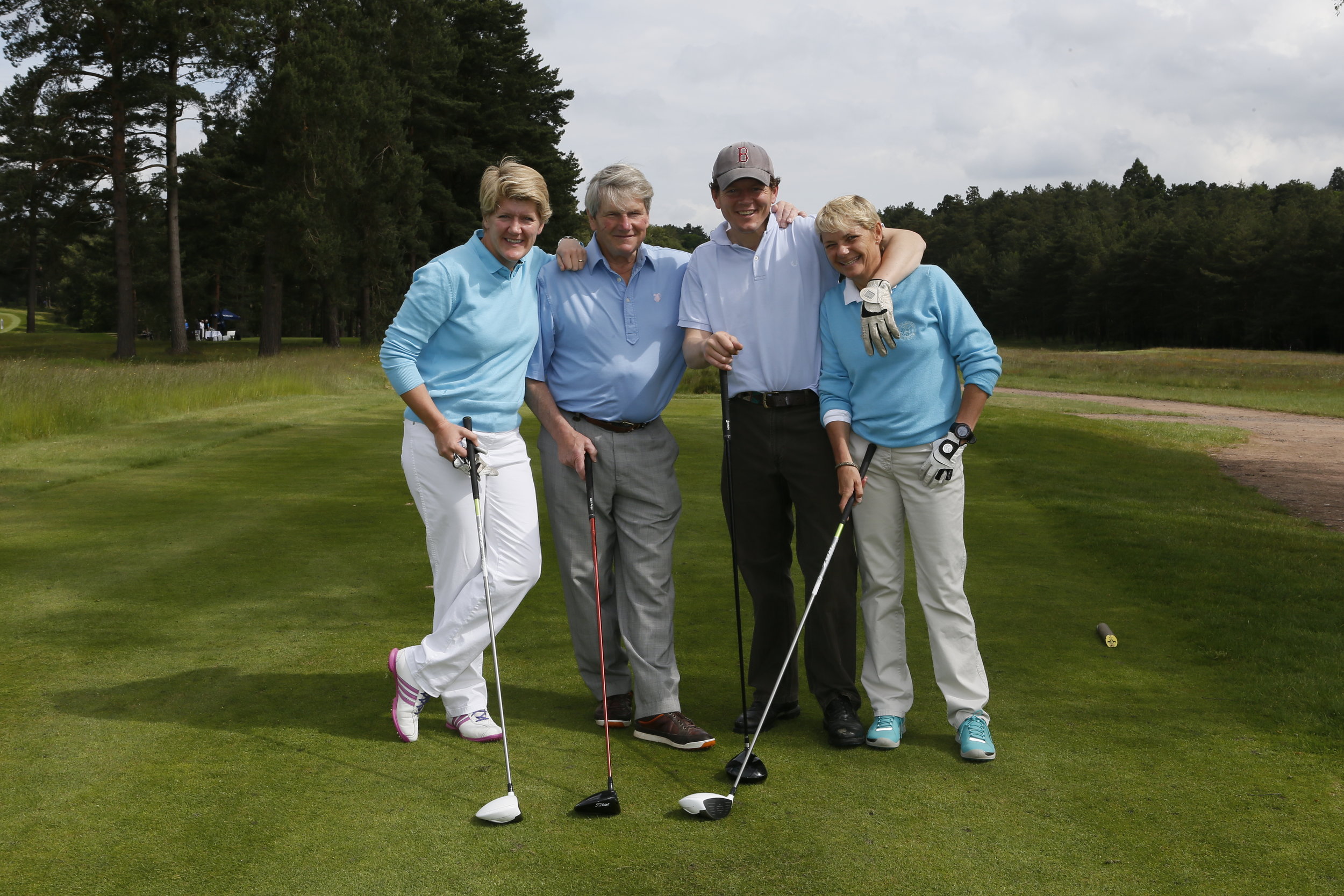Hindsight - Ian Balding
By Oscar Yeadon
Although it’s now been more than 15 years since Ian Balding handed over his training licence to his son Andrew, he remains an active team member at Park House Stables. The former champion trainer will turn 80 later this year but continues to ride an ex-racehorse on a daily basis, still pursuing a passion which could have led him down a different career path but for some timely advice.
“I loved riding jumpers and wanted to concentrate on that, but I very nearly didn’t take up the chance to train until Prince Philip talked me out of it. I was staying with my then future mother-in-law, Priscilla Hastings-Bass. At dinner, Prince Philip said to me, ‘It’s important that young people take their golden opportunities, as this is what made our country great!’”
Balding became a trainer through the death of the then-trainer at Park House Stables, Peter Hastings-Bass. Park House Stables was patronised by some of the sport’s most influential owners, and Balding found himself in charge of one of the country’s most powerful strings.
“It was 1964 and I was 25 and had been assistant trainer for only three months. At that time, the Jockey Club wouldn’t allow ladies to hold a trainer’s licence, so following Peter’s tragic death at only 43, Priscilla couldn’t take over. The Jockey Club wouldn’t let me train professionally and ride as an amateur, but they made an allowance to accommodate so I could still ride horses that I owned myself.
“I think it was because I was so young that I don’t remember being daunted by the owners. I met the Queen very early on and she was lovely, very understanding and very knowledgeable.
“In becoming trainer in the circumstances I did, I was rather overwhelmed and nervous. Happily, we had a wonderful head lad in Bill Palmer, and Priscilla helped me tremendously. Thank God we had some decent owners and horses in the yard at that time.”
Just weeks into his training career, Ian Balding trained two Royal Ascot winners on the same day, which included Silly Season’s victory in the Coventry Stakes, cementing the young trainer’s relationship with the two-year-old colt’s owner, the American anglophile and philanthropist, Paul Mellon.
“I was incredibly lucky to have the two Royal Ascot winners so soon, and I think we finished second in the trainers’ championship that year.”
Owner and trainer would scale even greater heights on the racecourse with the legendary Mill Reef.
“It was clear he was special from a very early stage,” remembers Balding. “When he first came here, he went for a canter over four furlongs. Beforehand, I said to his lad, John Hallum, ‘Go at a nice sensible pace, up the hill and round the corner, and then a stride faster.’ Suddenly, Mill Reef was 10-20 lengths clear. Before I could give John an almighty b******ing on his return, he said, ‘Guv’nor, I promise you, I did just what you said…’”
Mill Reef would realise the potential shown on that spring morning at Kingsclere several times over and was crowned champion English three-year-old colt at the end of the following season, which played a large part in securing the championship for his trainer.
Balding rates his favourite memory from the period as the Gimcrack Stakes, when Mellon attended to see his horse race for the first time but heavy rain had softened the ground. After walking the track at York, Balding and jockey Geoff Lewis both felt the going was against Mill Reef.
“We had a crucial meeting with Mr Mellon outside the weighing room and he just said, ‘Let him run, I have a funny feeling that everything will be alright.’ Mill Reef skipped over the ground and won by 10 lengths.”
Balding believes that Mill Reef’s Prix de l’Arc de Triomphe win was the highlight of his three-year-old campaign. “He was the first English-trained horse to win for many years and there were so many English supporters there, wearing black and gold scarves.”
The Arc win was one of many for Balding’s string on the international racing scene, including several wins in the Grosser Preis Von Baden with sons of Mill Reef. “I loved going abroad. It was probably easier to win a Group 1 race overseas than at home, and that may still be the case now.”
At the start of the 1980s, Ian Balding was still riding competitively in amateur riders’ races and finished fourth in the 1983 Foxhunters’ aboard Ross Poldark.
“By this time I was in my mid-forties, and I think Mr Mellon and the Queen may have both felt the time had come for me to hang up my saddle. The Queen simply said to me, ‘I really think it is time you stopped riding in races.’”
As the decade progressed, Balding says the stable probably reached its zenith in the era of top-class horses such as Lochsong and Selkirk. “It all depends on having good horses and we were lucky to have those horses in our stables at the same time time, as well as owners such as Mr Mellon, George Strawbridge, and Jeff Smith.”
Away from the results on the track, one area in which Park House Stables has always excelled is in its staff development, as evidenced by its list of former apprentice jockeys, which includes the likes of the late John Matthias, David Probert, and William Buick, and the number of long-term staff working at the stables.
“I still talk to the lads at the British Racing School once a year and I cannot stress enough the importance of looking after staff, from the provision of decent accommodation to simply making time to talk to them and listen to their feelings.
Father and son, Ian and Andrew Balding
To that end, Balding is supportive of industry initiatives such as the NTF’s Team Champion Awards scheme, which recognises the contribution of stable staff.
“Anything that acknowledges the importance of stable staff is worth doing, and awards for staff are admirable.”
If staff care has remained a constant at Kingsclere, Ian Balding finds that the methods he once employed have changed.
“I used to let horses cover a bit of ground, yet Andrew rarely even goes to the Downs these days. I understand that it takes less time to get from A to B in the mornings if you have a four-furlong all-weather surface close by, and that horses are more fragile these days and rarely go flat out, but Andrew is successful so I won’t quibble!”




